News
Is Ghana’s new crypto regulation a breakthrough or a roadblock?

Ghana has introduced draft regulations for cryptocurrency exchanges to improve transparency and security in the local digital asset market. Released on August 16, 2024, these rules require crypto exchanges in the country to obtain licenses, adhere to operational standards, and implement consumer protection measures.
The regulations, released by the Bank of Ghana, also emphasize anti-money laundering (AML) and combating the financing of terrorism (CFT) efforts. The Bank of Ghana plans to collaborate with commercial banks and international regulators, seeking public feedback on the draft until August 31.
This move aims to regulate the growing cryptocurrency sector and protect consumers while encouraging broader adoption across Ghana.
According to the Bank, the digital assets market in Ghana is mainly run by platforms that help people buy, sell, and trade cryptocurrencies. The most popular assets are stablecoins and Bitcoin, while Ether and other altcoins are also commonly used.
The added that although the trading volumes are small compared to overall digital payments, the rapid growth of this market highlights the need for clear regulations to ensure financial stability and protect consumers.
The BoG also stated that once its final regulations are in place, “Commercial banks will be allowed to offer banking, payment, and settlement services exclusively to registered VASPs.” This will make it easier for the over 700,000 Ghanaians who own cryptocurrencies as of 2023 to access more crypto services.
Ghana has taken a cautious approach to cryptocurrency regulation, balancing the potential benefits and the risks. For example, in May this year, Tether Operations Limited and Bitnob launched a program to help educate Ghanaians on Bitcoin and Stablecoins in Africa.
The program was designed to run in several universities across Ghana, starting at the University of Health and Allied Sciences in Hohoe on May 11th, 2024, with later events at the University of Ghana and the University of Cape Coast.
In the same month, a report from the West African nation revealed that its government wants to make Ghana the first African nation to run its operations on the blockchain.
Vice President Mahamadu Bawumia said that using this technology will make sure government data and records can’t be tampered with and help create a blockchain-powered government.
Two years ago, The Bank of Ghana announced it had began developing a framework for digital assets regulations which included cryptocurrencies. Per the Bank’s Governor, the development started a study initiated by the bank on cryptocurrencies, and related technologies and models such as blockchain, decentralized finance and stablecoins.”
At the time, the Governor noted that, despite the volatility and risks attached to cryptocurrencies, there is a need for regulation since an outright ban will not be possible owing to its decentralized and borderless nature.



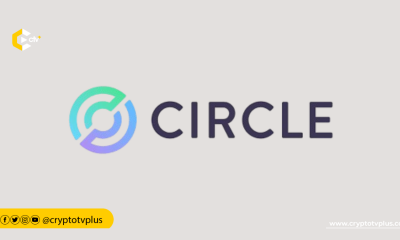

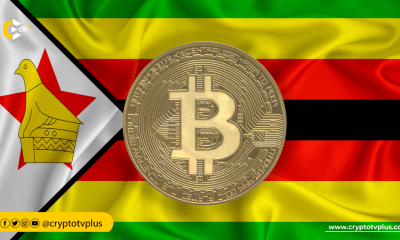

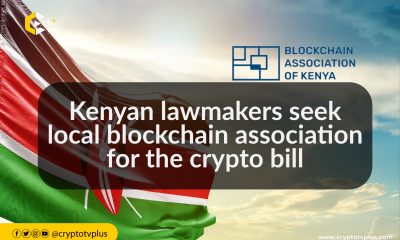



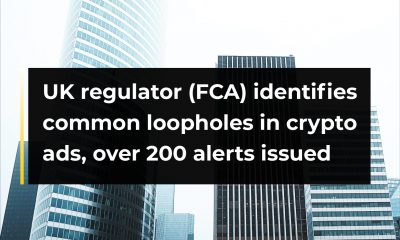

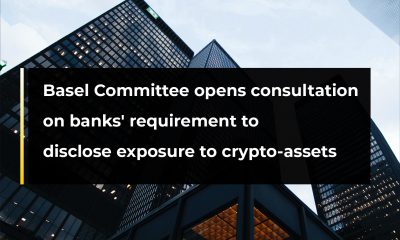











Pingback: Is Ghana's Latest Crypto Regulation A Stepping Stone Or A Stumbling Block? - CryptoInfoNet